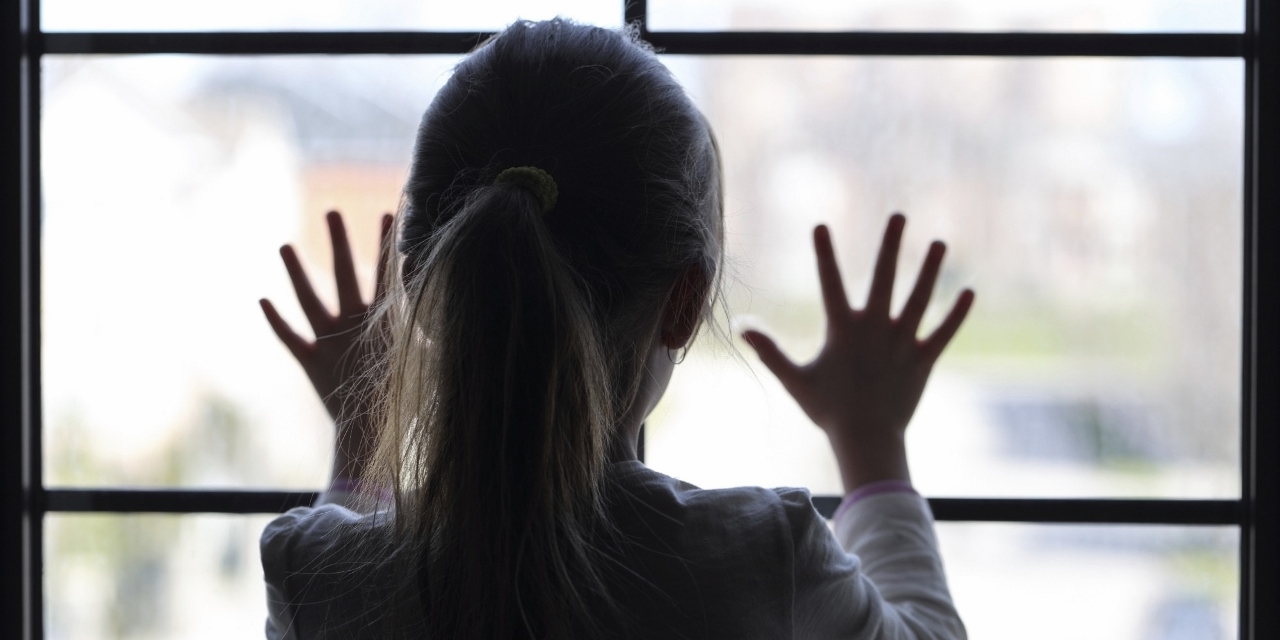
Children’s homes run by church and charities in Northern Ireland were the scene of widespread abuse and mistreatment of young residents, a report has found.
The Historical Institutional Abuse Inquiry (HIA) studied allegations of abuse in 22 homes and other residential institutions between 1922 to 1995.
The largest number of complaints related to four Catholic-run homes.
There was also sexual abuse carried out by priests and lay people.
The chair of the inquiry, Sir Anthony Hart, said the largest number of complaints received related to four Sisters of Nazareth homes. It found nuns physically and emotionally abused children in their care.
He said it was not uncommon for children to have Jeyes Fluid, a brand of disinfectant, put in their baths.
Many of these incidents relating to sexual abuse were known by members of the clergy who did nothing to stop them.
The HIA heard evidence from hundreds of people who spent their childhood in residential homes and institutions.
Hearings were held into facilities run by the state, local authorities, the Catholic Church, the Church of Ireland, and Barnardo’s.
A total of 493 applicants engaged with the inquiry, in one form or another, and while the majority were seen in Belfast, others were seen in the Republic of Ireland, England, Scotland, Wales and Australia.
Outlining the social and economic background to institutional care in Northern Ireland, Sir Anthony said for “many years the financial circumstances and living conditions were very poor”.
He said the extreme violence and civil disorder in the 1970s and 1980s did not leave those responsible for child care unscathed.
“These factors are largely forgotten today although there were many failures. Those failings must be examined against the backdrop of the political, social and economic circumstances at the time.”
He then turned his attention to the former authority-run Kincora Boys’ Home in east Belfast.
Sir Anthony said the inquiry had “stripped away decades of half truths masquerading as facts, in relation to Kincora and what state agencies did or did not do about (the abuse there)”.
“Thirty-nine boys were abused at some point during their time at Kincora,” he said.
Three men, William McGrath, Raymond Semple and Joseph Mains, who were senior care staff at Kincora, were jailed in 1981 for abusing 11 boys.
Sir Anthony said when the police became aware in 1974 of complaints against McGrath, the investigation was “inept and inadequate”.
He said a proper investigation into McGrath may have meant the children who were abused after 1974 could have been spared.
Sir Anthony said that the boys were let down by those three individuals, who committed sexual abuse “of the gravest kind” to teenage boys in their care.
He added that the majority of the young boys at Kincora between 1958 and 1980, who gave evidence, said they were not sexually abused during their time there.
The inquiry also heard from former children migrants, children from Northern Ireland who were sent to live in Australia.
Sir Anthony said the HIA inquiry was the first in the UK to look at the child migrant scheme and said some of those who were sent away had been abused before they went away and others believed the scheme itself was abusive.
He said they had been unable to establish exactly how many children were sent to Australia, but at least 138, under the age of 13, were sent and, possibly as many as 144.















